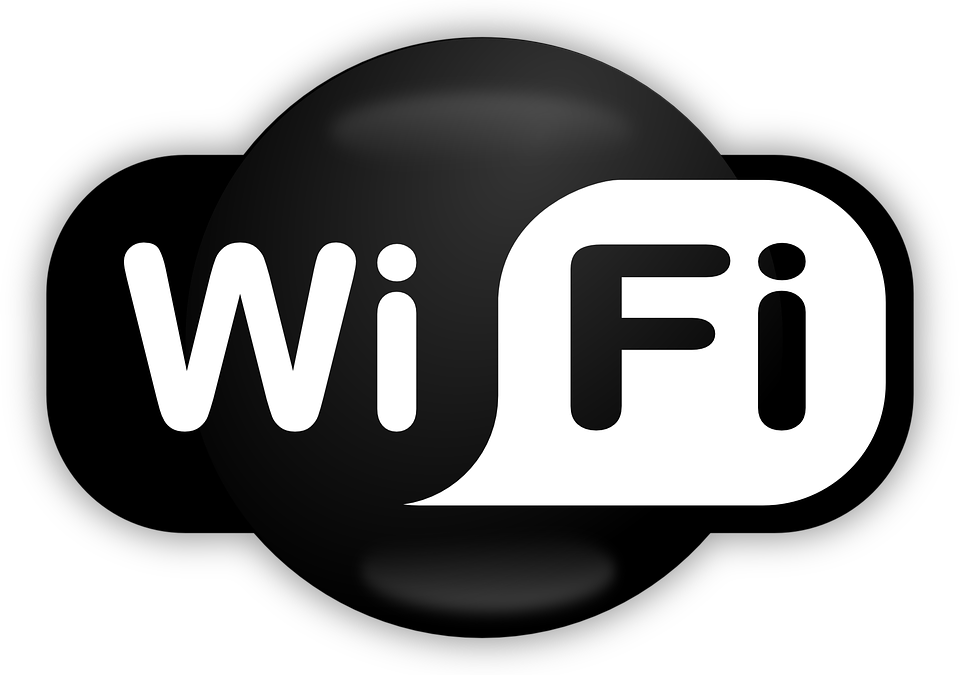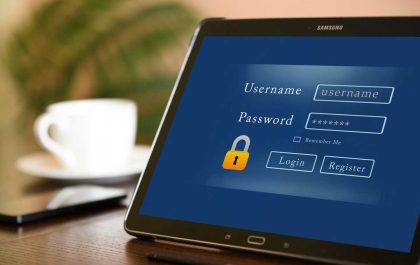Table of Contents
ToggleIntroduction
If you compare wireless networks to traditional wired LANs, then you need to know that wireless networks(wifi) get attacked way more often than a wired network connection.
Wireless connections control network access to all your devices, including your phones, laptops, tablets, etc. Anyone gaining access to networks like these can result in a breach on all those devices.
Due to this, you need to take care of your wifi network as much as you can. Wifi networks have resulted in hacks and snooping of various devices before. And wifi device vulnerabilities have only increased in the past years.
Therefore, you need to keep your wifi network completely safe. You can do this by selecting the right cybersecurity tools for yourself.
While multiple cybersecurity tools claim to work the best in protecting wifi networks, one device tends to be highly efficient. This cybersecurity tool is a VPN.
A Virtual Private Network (VPN) encrypts your wifi network and offers a highly secure connection to all devices connected to it. If you’re using a VPN on your wireless router, then you can enjoy all its services on all your devices.
For example, you will be able to access geo-restricted sites too while being safe. And if you’re looking for incredible streaming speeds, then NordVPN should be your go-to. You can learn more about it in NordVPN’s detailed review and analysis.
Now, let’s look at some significant wifi threats that you should definitely be aware of.
What are some common WiFi Security Threats?
There may be multiple wifi security threats, but we’re mentioning the three most popular wifi cyber attacks right now:
1. Denial of Service attacks
A Denial of Service (DoS) attack is an attack that makes the service inaccessible for legitimate users by shutting down the device. DoS attacks occur when the traffic sent to the router results in a crash.
Hackers do not target small businesses for DoS attacks. Instead, they try to crash web servers of big companies like banking or some media companies.
The only good thing about a DoS attack is that it does not result in any data losses. Instead, they cost companies vast amounts of time.
2. Passive eavesdropping attack:
This is yet another old but significant wifi security attack. In these kinds of attacks, the hacker passively eavesdrops or listens to two parties’ conversations to access multiple private details, including sensitive personal data and routing updates.
Once he has collected all crucial information, the hacker might switch roles and become an active attacker and launch a vigorous attack on the network like a DoS attack.
3. Evil twin attacks:
These attacks are yet another threat to the wifi network. These attacks are like Man-in-the-middle attacks in which a fake wifi network is created for users to log in, resulting in stealing all their sensitive data and information. The victims of these attacks are usually ordinary people like us instead of big companies.
Tips to make your wifi connection more secure
1. Usage of a VPN:
A VPN is one way to keep your wireless wifi network encrypted and secure. Setting up a VPN on your wifi router would encrypt all traffic to and from the router and protect all devices connected to it.
Complete encryption results in being unidentified over the internet while not letting any spy snoop into your connection and pry on what you’re doing. This would prevent eavesdropping attacks which would later prevent other attacks on your network.
2. Updated firewall:
Firewalls are yet another essential software for you that controls the in and out traffic from your device. Firewalls prevent devices from most harmful attacks and intrusions. Therefore, it’s better that you keep the firewall on your wireless device turned on.
3. Strong passwords:
Another way you can protect your wireless network is by setting up a unique and strong password on it so no one can breach it. Passwords like your home address or your name wouldn’t work because hackers can easily retrieve this information, and your device wouldn’t be too safe if that happened.
4. Turn on network encryption:
Most wireless networks come with encryption features like WPA2. These features come built-in on wireless networks but often need to be turned on. Therefore, it’s better to turn it on once your router is installed.
5. Restrict access of users:
The last thing one can do is restrict access to the wifi network. This would prevent everyone from connecting to the wifi network. Instead, only the users who are not prohibited from the wifi will use this protected connection. You will be required to set a separate account per individual if someone restricted from it would want to use it.
Conclusion:
Protecting your wireless network is significant if you want to protect all your devices and need an encrypted connection for yourself. A completely encrypted wireless network would only result in worry-free access to the internet.
Also Read: How to Turn an Older Device into an Online Jackpot Bingo Machine
Related posts
Hot Topics
What is Kafka Used For: A Complete Guide
What is Kafka used for? If you’ve been diving into the world of distributed systems, microservices, or data streaming, you’ve…
How Do Password Managers Work? The Guide That Finally Makes Sense
Ever wonder how do password managers work and whether they’re actually safe? I get it. The idea of putting all…



